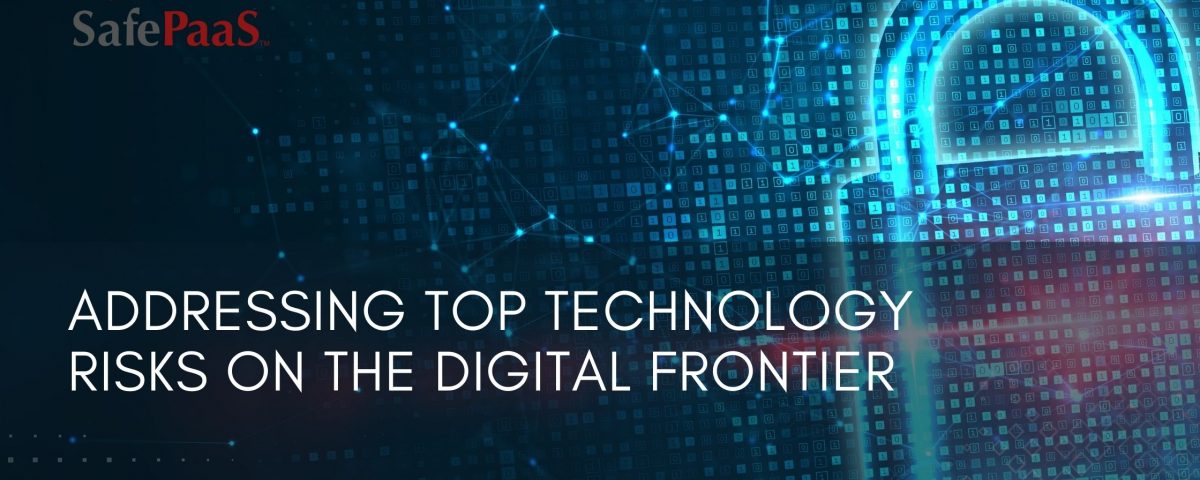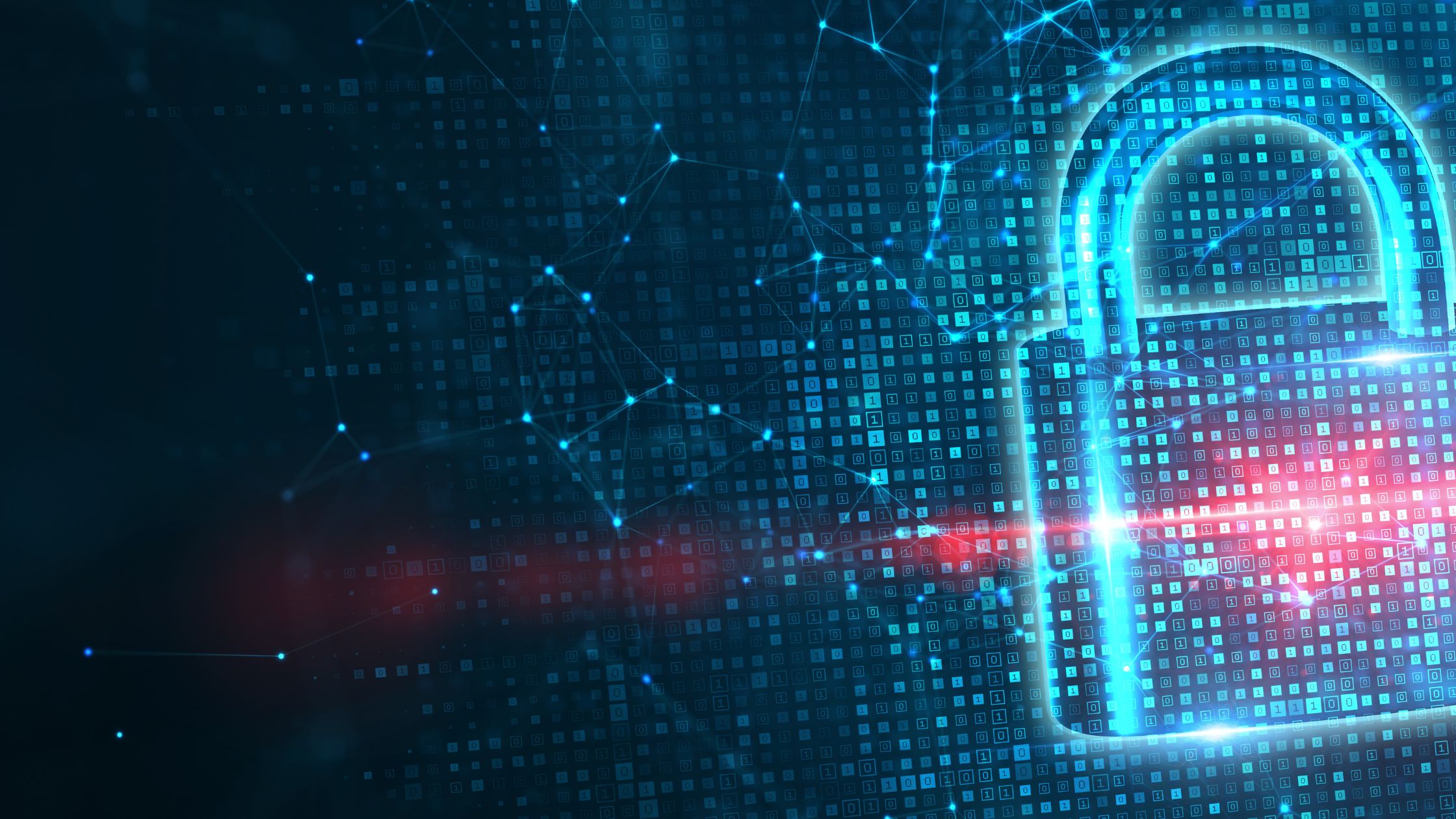Addressing Top Technology Risks on the Digital Frontier


Addressing Top Technology Risks on the Digital Frontier
In the changing terrain of technology, businesses find themselves at the intersection of innovation and risk management. Companies adopting digital transformation and integrating cutting-edge technologies into their operations are tasked with mitigating many potential risks. The eleventh annual Global Technology Audit Risks Survey, conducted by The Institute of Internal Auditors (IIA), sheds light on the top technology risks that keep Chief Audit Executives (CAEs) and I.T. audit leaders awake at night.
1. Cybersecurity
Unsurprisingly, cybersecurity tops the list of technology risks, with 82% of CAEs and I.T. audit leaders identifying it as a high-risk area. In an era where cyber threats loom large and data breaches can have severe consequences, organizations must fortify their defenses, staying one step ahead of cybercriminals.
2. Third Parties and Vendors
Closely following cybersecurity, 67% of respondents highlighted risks associated with third parties and vendors. The modern business landscape is interconnected, with organizations relying on external partners for various services. Supply chain disruptions, regulatory changes, and the rise of cloud services necessitate thorough vetting of third-party providers to ensure compliance with security and data protection standards.
3. Data Governance & Integrity
Maintaining accurate, consistent, and reliable enterprise-wide data is imperative. 64% of respondents emphasized the significance of data governance and integrity. Beyond mere compliance, proper data governance is the bedrock for successful digital transformations and artificial intelligence (A.I.) initiatives, underlining its critical role in organizational strategies.
4. Transformations & Systems Implementations
Major business or I.T. changes pose significant risks, including transformations and systems implementations. 62% of respondents highlighted potential disruptions, unmet requirements, and data loss from these changes. Navigating such transformations demands meticulous planning and execution to mitigate associated risks effectively.
5. I.T. Talent Management
Balancing the workforce equation, particularly in the technology sector, is crucial. I.T. talent management, encompassing the attraction, development, and retention of skilled technology personnel, was noted by 60% of respondents. Striking the right balance in human resources is pivotal for ensuring a proficient and resilient technology workforce.
6. Artificial Intelligence
While only 28% of respondents identified A.I. and machine learning as significant threats in the next year, 54% expressed concerns about A.I. systems in the next two to three years. CAEs and I.T. Audit Directors were slightly more apprehensive, with 33% considering A.I. a significant near-term risk. As A.I. advances, organizations must grapple with ethical considerations, data privacy, and potential biases inherent in A.I. algorithms.
In light of these technology risks, organizations are urged to increase the frequency of technology audits. Additionally, deploying data analytics on technology audits can provide timely insights into traditional and emerging risks. These strategies enhance organizational preparedness and technology audit proficiency, addressing various challenges, from cybersecurity to AI-related risk management.
For audit committees, understanding and addressing these technology risks is paramount. Discussing with internal audit heads about the company's top technology risks and strategies to mitigate them can foster a proactive approach. By staying ahead of the curve, organizations can confidently navigate the digital frontier, ensuring resilience in the face of evolving technological challenges.
Recommended Resources

Reimagining Risk Assessment- Insight from the SEC
SEC's Chief Accountant, Paul Munter, recently offered insights on how companies should reimagine risk assessment. In his address, 'The Importance of a Comprehensive Risk Assessment by Auditors and Management,' he highlights...

PCAOB Audit Deficiencies
In 2021, a significant transformation took root under the guidance of Gary Gensler, the Securities and Exchange Commission Chair. The winds of change swept through the Public Company Accounting Oversight Board (PCAOB), leading to a rigorous overhaul of enforcement practices, an expansion of inspection rules, and stricter standards for auditors engaged with publicly traded companies.

How to Enhance Cybersecurity Compliance
You should consider implementing proactive measures to ensure compliance with the new cyber disclosure requirements. One such cutting-edge approach is policy-based access governance, which has the potential to transform your cybersecurity incident and data breach management practices.

